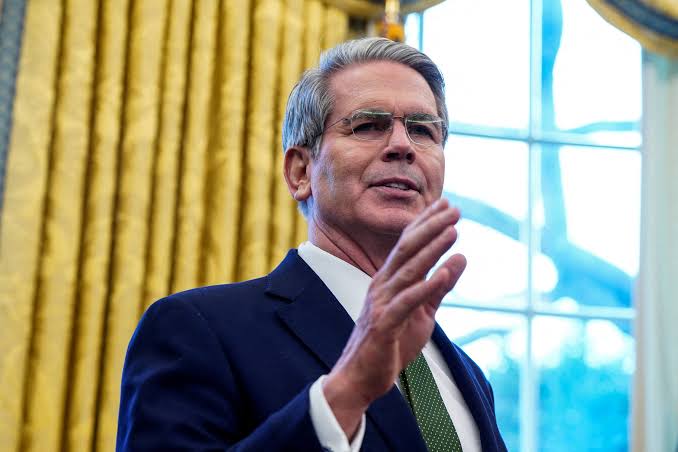When American journalist John Reed wrote his firsthand account of the 1917 Russian Revolution, he titled it Ten Days That Shook The World. However, 10 days is excessive for Donald Trump and Vladimir Putin; they’ve managed to cause significant changes in just a week.
This all started with the conversation between Putin and Trump on February 12, where they made presidential commitments to revitalize their relationship. It progressed through the Munich Security Conference, highlighting a growing divide between Europe and the United States. The subsequent discussions took place in Saudi Arabia, marking the first high-level in-person meetings between the two nations since Russia’s full-scale invasion of Ukraine.
This week has disrupted long-standing alliances, left Europe and Ukraine in a state of urgency, raised concerns about European security, and positioned Russia exactly where it aims to be: at the forefront of global politics, all without conceding anything in return.
The latest updates are being followed live. As reported by Sarah Rainsford, Russia is reclaiming its place in discussions. And as Jeremy Bowen notes, there is no indication of a quick peace deal for Trump.
A single image stands out on the front pages of Russian newspapers on Wednesday: senior officials from Russia and the United States engaging in talks in Riyadh. The Kremlin seeks to convey to both the Russian populace and the global community that the West’s attempts to isolate Russia over the Ukraine conflict have been unsuccessful.
Russian media are anticipating the chance for improved relations with Washington while mocking European leaders and Kyiv. The pro-Kremlin tabloid Moskovsky Komsomolets states, “Trump will inevitably have to give in to Russia because he is negotiating with the party that is prevailing in Ukraine.” They suggest he will make these concessions not to the detriment of America, but at the expense of Europe and Ukraine.
“For too long, Europe strutted around, believing itself to be the civilized world and a Garden of Eden. It failed to recognize it had lost its position… now its old ally across the Atlantic has pointed that out…”
On the streets of Moscow, I don’t sense that level of triumphalism. Instead, the public is observing and waiting to see if Trump will genuinely embrace the role of Russia’s new ally and whether he can help bring the conflict in Ukraine to a close.
“Trump is a businessman. His primary interest lies in making profits,” Nadezhda shares with me. “I doubt things will change significantly. There is still too much that needs addressing to alter the current situation.”
“Trump is active. He has a lot of energy. But will he take action?” ponders Irina. “We hope these talks will lead to peace. It’s just the beginning. And perhaps this will benefit our economy. Prices for food and other items keep rising here. That’s partly due to the special military operation [the conflict in Ukraine] and the overall international climate.” Trump and Putin have had phone conversations; their teams have met in Saudi Arabia; a presidential meeting is anticipated soon. However, not long ago, the newspaper Moskovsky Komsomolets imagined what the two leaders might have discussed during last week’s phone call. They created this version: “Trump reached out to Putin. ‘Vladimir! Your country is fascinating, and mine is impressive too. Should we consider dividing the world?'” ‘What have I been suggesting all this time? Let’s go for it!…. Is this just a fantasy? Time will tell.”





